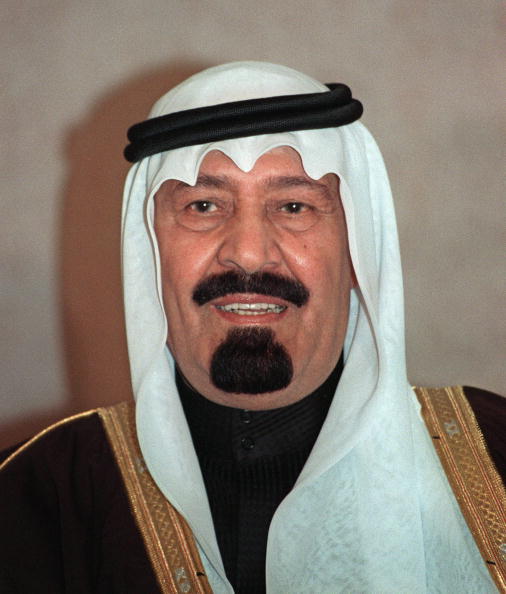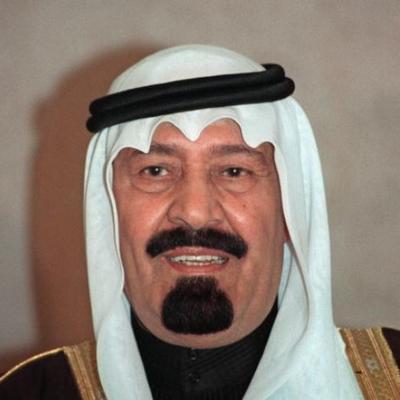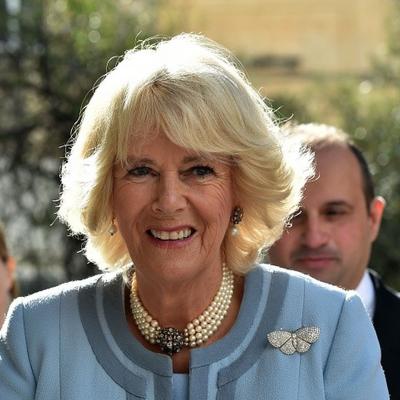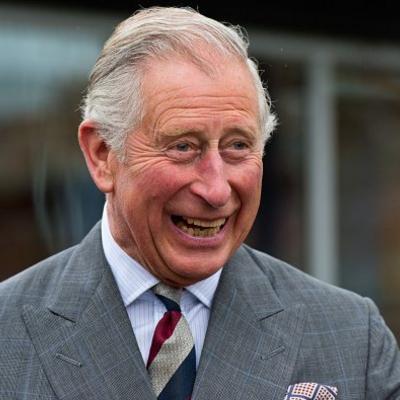What was King Abdullah bin Abdulaziz's Net Worth?
King Abdullah bin Abdulaziz Al Saud was a prominent Saudi Arabian politician and military commander. At the time of his death in January 2015, he had amassed a remarkable net worth of $18 billion. Abdullah's rule over Saudi Arabia spanned from 2005 until his death in 2015. Before becoming King, he served as the country’s regent from 1996 to 2005 and commanded the National Guard for 48 years, stepping down in Fall 2010.
During his reign, King Abdullah held absolute monarchy over Saudi Arabia, overseeing the management of Islam’s holiest cities and the control of 20% of the world’s most valuable oil reserves. He ascended the throne in August 2005, following the death of his half-brother, King Fahd.
His tenure as king was marked by navigating Saudi Arabia through the global recession with strategic government spending and high oil production. He also maintained his grip on power during the Arab Spring when many neighboring regimes toppled.
After losing his second heir apparent, Crown Prince Nayef, in June 2012, Nayef was succeeded by another brother, Crown Prince Salman. Salman became King in 2015 following Abdullah's death on January 22, 2015, at the age of 90. Salman's son Mohammed bin Salman is now the Crown Prince.
Early Life
Born on August 1, 1924, in Riyadh, King Abdullah's birthdate has been subject to conflicting reports, with some claiming he was born eight years earlier. He was the son of King Abdulaziz and Fahda bint Asi Al Shuraim and was the tenth son among many siblings. His early years saw him struggle with a speech impediment, which some believe delayed his rise to power.
In August 1963, he was appointed commander of the Saudi National Guard. His political journey continued with King Khalid appointing him as second deputy minister, marking him as the second in line of succession to the throne. Abdullah's position became more secure after King Khalid's death when Fahd bin Abdulaziz became king, making Abdullah the Crown Prince in 1982. He was known for his active involvement in political affairs, particularly efforts towards resolving the Arab-Israel conflict.
Reign as King
Abdullah formally ascended to the throne on August 2, 2005, providing a transformative period for Saudi Arabia. His rule was notable for several reforms, particularly in education, where he established initiatives that sent young Saudis abroad for higher education. He also restructured the judicial system, emphasizing the importance of professional training for judges and the concept of judicial review. His economic reforms made it easier for entrepreneurs to start their businesses, and he encouraged the development of alternative energy sectors.
Additionally, King Abdullah fiercely combated homegrown terrorism and aimed to curb Al-Qaida’s influence in the country. Following the Arab Spring, he pledged $37 billion focusing on education, housing subsidies, job benefits, police reforms, and healthcare improvements.

NABIL ISMAIL AFP / Getty Images
King Abdullah was regarded as pro-American and maintained a close alliance with the United States. He interacted with multiple American presidents throughout his life and supported President Barack Obama's presidency despite expressing opposition to the Iraq invasion. He also nurtured relations with China, focusing on trade opportunities.
Despite his recognition for fostering intercultural dialogues and peace, King Abdullah’s reign was also criticized for human rights abuses, particularly concerning women's treatment in Saudi Arabia.
Family Life
King Abdullah's personal life was marked by a large family, as he had around 30 wives and 36 children, 16 of whom were sons. His marriages often formed alliances with significant tribal families. Prominent wives included Aida Fustuq, Munira bint Abdullah Al Sheikh, and Malka bint Saud bin Zaid Al Jarba Al Choumi. His eldest son, Mutaib, died young, while other sons held pivotal roles in Saudi Arabia and the broader Middle East.
Among his daughters, few held public roles. Notable is Princess Adila, an advocate for women's driving rights. Unfortunately, one daughter, Noura, died in a car accident in 1990, and other daughters faced prolonged house arrest.
Illness and Death
King Abdullah's public activity diminished in June 2010 due to health issues. Between 2010 and 2012, he underwent four back surgeries for complications involving blood accumulation around his spine. Much of his treatment took place in New York. Despite health challenges, stability was maintained in Saudi Arabia, aided by Crown Prince Sultan.
In January 2015, King Abdullah contracted pneumonia and passed away on January 23, 2015, at the age of 90 in Riyadh. His funeral occurred at the Grand Mosque of Riyadh the same day, with three days of national mourning declared.








